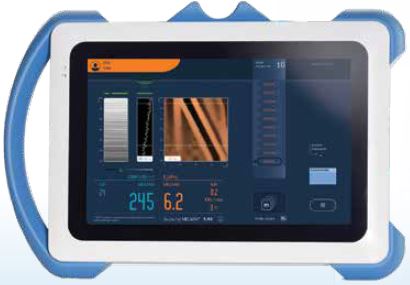Fibrosis is commonly silent. It advances year by year and gradually destroys the liver’s ability to do all of the things we depend on for life. Many patients first learn of disease when told that they have cirrhosis, an incurable life-threatening condition.
Fortunately, technology has progressed and today we have the ability to detect advancing fibrosis before it causes problems. This is a real blessing to the 20 million who have no idea that they have a vital organ at risk which might kill them.
Assuming, of course, that they have access to the testing.. That becomes a more difficult question than you might expect. Testing for wellness is complex although we do it with tools like mammography and colonoscopy. The problem for medicine is that they have not therapy even if we do detect the disease early so testing is of little value and may be harmful. The problem is that there is therapy, in the form of nutrition and lifestyle changes, but that isn’t squarely in the sweet spot of medical care so screening is not advocated.
An unfortunate consequence of not screening is that the potential pool of clinical trial candidates, upon which future therapy depends, is limited which further harms patients by delaying therapy.
The foundation’s answer to both challenges is to deploy screening for high-risk patients on a private pay basis so that the service can be offered before people become ill.
This strategy serves the patients by warning people of their risk and potentially diverting them toward safer habits. It also develops a new pool of potential clinical trial participants needed by the drug industry so that clinical therapies can be developed more quickly. Both of these effects will save lives and prevent much misery, death, and expense. It is a win/win/win proposition.
